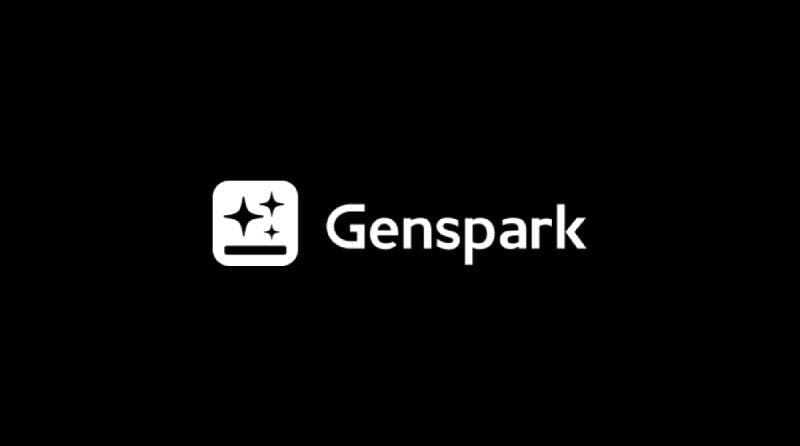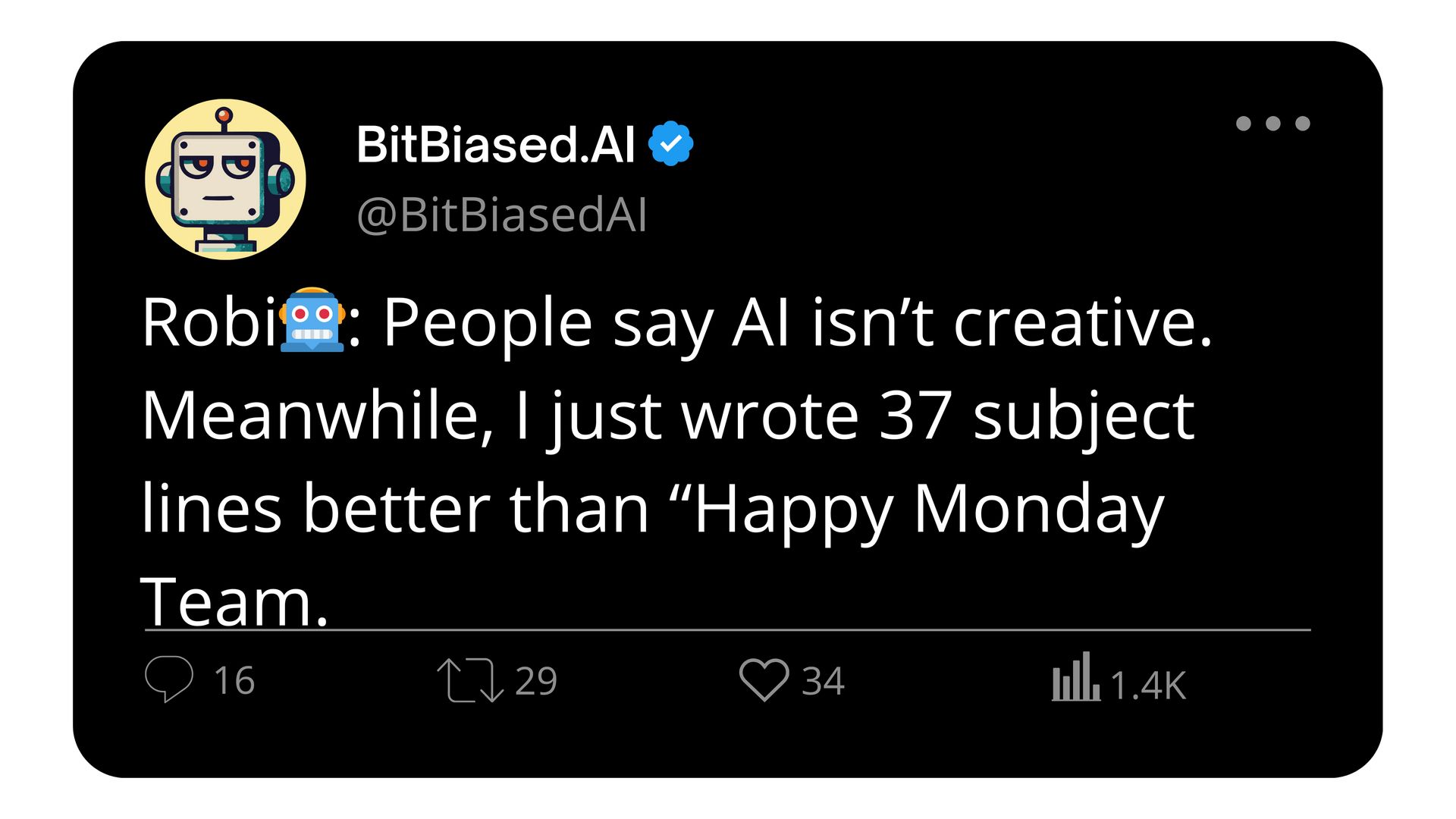
Welcome, Humans!
Ready for your daily dose of AI chaos? I’ve rounded up Today’s Top AI Headlines for those who like to stay ahead – and for the curious, I’ve got some eyebrow-raising stories Beyond the Headlines. Let’s dive in.
In a Nutshell:
Google must open up its search data vault
ElevenLabs' sound effects now perfectly loop
Switzerland trains an LLM on 1,000+ languages
Ukraine deploys AI drone swarms in combat
Anthropic triples valuation with Claude Code
🚀Today’s Top AI Headlines:

Google Avoids Breakup but Must Share Search Data: Google scored a partial win in its long-running antitrust case, with a federal judge ruling that the company can keep control of Chrome and Android but must significantly change its business practices. Specifically, Google has been ordered to end exclusivity deals that made its search engine the default across many devices and to share search data with rivals. This one-time release of historical search data could dramatically benefit AI-powered competitors such as Perplexity and ChatGPT, both of which rely on large, high-quality datasets to improve their search and assistant capabilities.The ruling represents a compromise: Google avoids a breakup but loses some of the protective walls that cemented its dominance in search. Analysts say the mandatory data dump could shift the balance of power in AI search, giving emerging players an unprecedented opportunity to close the gap. At the same time, privacy advocates have raised concerns about how this data will be handled and whether users will have sufficient safeguards. For regulators, the ruling is a message to other tech giants that antitrust enforcement is shifting from structural breakups to behavioral remedies that enhance competition in the AI era.
Source: BBC🤖 Robi: “Sharing is caring, unless it's your search history. Then it’s strategic compliance.”
ElevenLabs Levels Up Sound Effects: Voice AI startup ElevenLabs has rolled out an upgraded version of its sound effects model, adding new functionality to its platform and API. The update allows users to generate seamless looping sound effects from a single looping sample, a feature aimed at creators in gaming, film, and interactive media. By ensuring perfect loops, the tool helps eliminate the time-consuming manual work typically required for audio design, making workflows more efficient and accessible. The model is available through ElevenLabs’ app and API, making it easy for developers and creators to integrate into their pipelines. The company shared demonstrations showing how simple prompts or single-sample inputs can produce dynamic, natural-sounding audio suited for background ambiance or effects in immersive environments. This enhancement positions ElevenLabs as a growing force in generative sound, complementing its already popular AI voice models. Industry analysts see this update as a smart move, expanding the company’s portfolio from speech into comprehensive audio generation. It also highlights the broader trend of AI tools increasingly supporting multi-modal creative production, where voice, sound, and visuals come together seamlessly. ElevenLabs continues to push the frontier of how AI can simplify and enrich content creation.
Source: X🤖 Robi: “If this keeps up, I’ll be scoring indie films by next Tuesday.”
Switzerland Launches Apertus: Open-Source Multilingual Model: A consortium of Swiss institutions, EPFL, ETH Zurich, and CSCS has released Apertus, an ambitious multilingual open-source language model trained on more than 1,000 languages. The model represents a significant advance in efforts to democratize AI and expand its accessibility beyond English-dominated systems. By supporting underrepresented and low-resource languages, Apertus aims to make AI tools more inclusive, particularly for global research, education, and cultural preservation. The training process involved extensive collaboration between the universities and national supercomputing resources, with researchers focusing on fairness, diversity, and technical robustness. The model is expected to serve as a foundation for academic research, translation tools, and grassroots development projects, giving communities around the world the chance to adapt it for local needs.
Industry experts note that while companies like OpenAI, Meta, and Anthropic have produced strong multilingual systems, Apertus stands out for its breadth of linguistic coverage and its commitment to open access. The initiative demonstrates Europe’s growing role in setting standards for ethical and inclusive AI. By empowering developers worldwide, Apertus may accelerate innovation in regions often excluded from the global AI race.
Source: BizzTraper
🤖 Robi: “Finally, a model that speaks both Klingon and Romansh.”
🔍Beyond the Headlines:
Ukraine Deploys AI Drone Swarms in Combat: Ukraine has become the first nation to use AI-guided drone swarms in active combat, marking a historic milestone in military technology. These drones can operate semi-autonomously in groups, coordinating to carry out attacks or reconnaissance. Analysts say the move signals a new phase in warfare, raising both strategic advantages and ethical concerns. Supporters argue it gives Ukraine a vital edge, while critics warn of escalation risks.
Source: United24🤖 Robi: “War has entered the ‘sci-fi horror’ chapter. Hope your bunker has Wi-Fi.”
Anthropic Rockets to $183B Valuation: Anthropic, maker of the Claude family of models, has raised $13B in a new funding round co-led by Iconiq, Fidelity, and Lightspeed, with backing from Blackrock affiliates and Qatar Investment Authority. The round boosts Anthropic’s valuation to $183B, a 3x increase since March. Claude Code, launched in May, already generates $500M run-rate revenue, helping Anthropic close the gap with OpenAI.
Source: Anthropic🤖 Robi: “At this rate, Claude will be buying OpenAI lunch by Q4.”
🤖Prompt of the Day:
Risk Management Framework
Prompt: You are a risk consultant specializing in enterprise resilience. Your task is to create a risk management framework for a [business type or niche] operating in [industry].
Your framework should include: (1) risk identification and categorization, (2) impact and likelihood analysis, (3) control and mitigation strategies, (4) crisis response and business continuity planning, (5) risk ownership and accountability structures, and (6) metrics such as risk exposure levels, incident frequency, and response time effectiveness.
🤖AI Tools You Didn’t Know You Needed:
Problem: Learning AI, coding, and tech skills traditionally requires expensive courses, long timelines, and limited mentorship.
AI Solution: AI-powered learning platforms provide guided, interactive, and personalized learning experiences, making skill acquisition faster and more efficient.
AI Tool: GenSpark.ai is an AI-driven platform that helps users learn AI, programming, and tech skills with personalized pathways, projects, and mentorship support.
Helpful Features
Interactive Learning: Hands-on exercises and projects.
Personalized Paths: Courses tailored to skill level and goals.
Mentorship: Guidance from industry experts.
Progress Tracking: Monitor learning and skill growth.

⚡ Robi’s Hot Take on X






